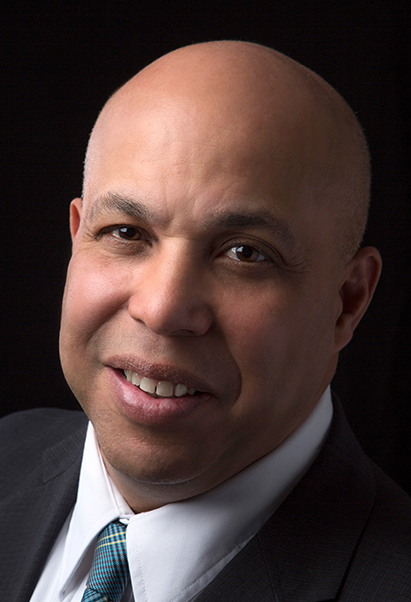Duff: Gig Economy Bigger Than Thought and Growing
Tuesday, August 1, 2023 | 0
For several years, I have been voicing my suspicions that the gig economy was bigger than was being admitted. A new-ish study from Upjohn Institute persuades me that my instincts have not been failing me:

Michael C. Duff
We find that, upon probing, roughly one in 10 workers who initially reports working for an employer on one or more jobs (and thus is coded as an employee) is in fact an independent contractor on at least one of those jobs. Incorporating these miscoded workers into estimates of work arrangement on the main job nearly doubles the share who are independent contractors, to about 15% of all workers. Young workers, less-educated workers, workers of color, multiple-job holders and those with low hours are more likely to be miscoded. Taking these workers into account substantively changes the demographic profile of the independent contractor workforce.
I suspect that this estimate understates the situation and that the gig economy is a hegemonic Leviathan. The law will likely react to this development wanly by creating an intermediate category like dependent contractors, though it is also conceivable that states (local and national) will more aggressively simply carve out areas of social policy to apply to utilizers of independent contractors in the same way that they apply "employment law" to "employers" and their "employees" (See page 7 of this PDF).
Indeed, as someone who has written many entries on these developments, I have often found myself wondering why the logical outcome of this purported deregulation won't be to more broadly regulate "labor."
Time will tell. But as I remind students in my workers' compensation classes, the course will not be needed if no one is an employee (at least not in its present form).
Michael C. Duff is a professor of law at the Saint Louis University School of Law and co-director of the university's William C. Wefel Center for Employment Law. This entry is republished from the Workers' Compensation Law Professors blog with permission.



Comments